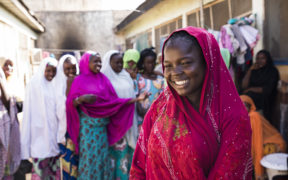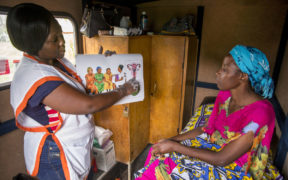Category:
Costing and Financing

To explore what works and what doesn't work in family planning and reproductive health (FP/RH) programs, the Knowledge SUCCESS project launched Learning Circles, an activity designed to meet the need for transparent dialogue and learning between diverse FP/RH professionals.

Pour lever le rideau sur ce qui fonctionne et ce qui ne fonctionne pas dans les programmes de PF/SR, le projet Knowledge SUCCESS a lancé les Learning Circles, une activité spécialement conçue pour répondre aux besoins de dialogue transparent et d'apprentissage entre divers professionnels de la PF/SR pour l'amélioration des programmes.
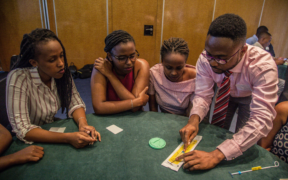
Descriptive analysis of financial data trends in Nigeria, specifically in Ebonyi State, painted a rather gloomy picture for family planning (FP). Dr. Chinyere Mbachu, Doctor at Health Policy Research Group, College of Medicine at the University of Nigeria, and co-author of this research discussed how financing has an impact on reproductive health (RH) family planning.
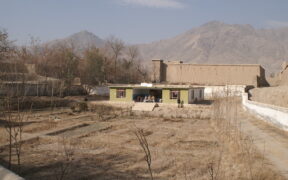
Introducing our new blog series that highlights local research produced with support from the D4I project, 'Going Local: Strengthening Local Capacity in General Local Data to Solve Local FP/RH Development Challenges.'

Reproductive health advocates in the Philippines faced a tough 14-year long battle to turn the Responsible Parenthood and Reproductive Health Act of 2012 into a landmark law in December 2012.
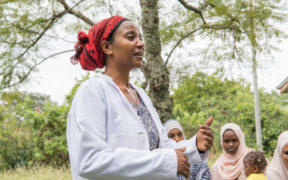
Our second conversation in this 3-part collaborative webinar series focused on financing schemes and innovations for UHC and the integration of family planning.
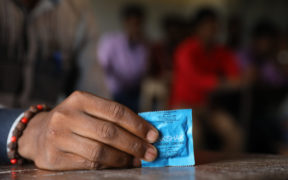
Many people forget the power of condoms as a family planning tool. This collection reminds us how condoms remain relevant even as FP/RH innovations arise.
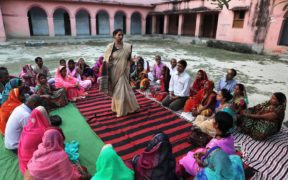
PRB’s Empowering Evidence-Driven Advocacy project and Policy, Advocacy, and Communication Enhanced for Population and Reproductive Health project are glad to partner with Knowledge SUCCESS to bring you this curated collection of resources highlighting different facets of family planning policy environments.



